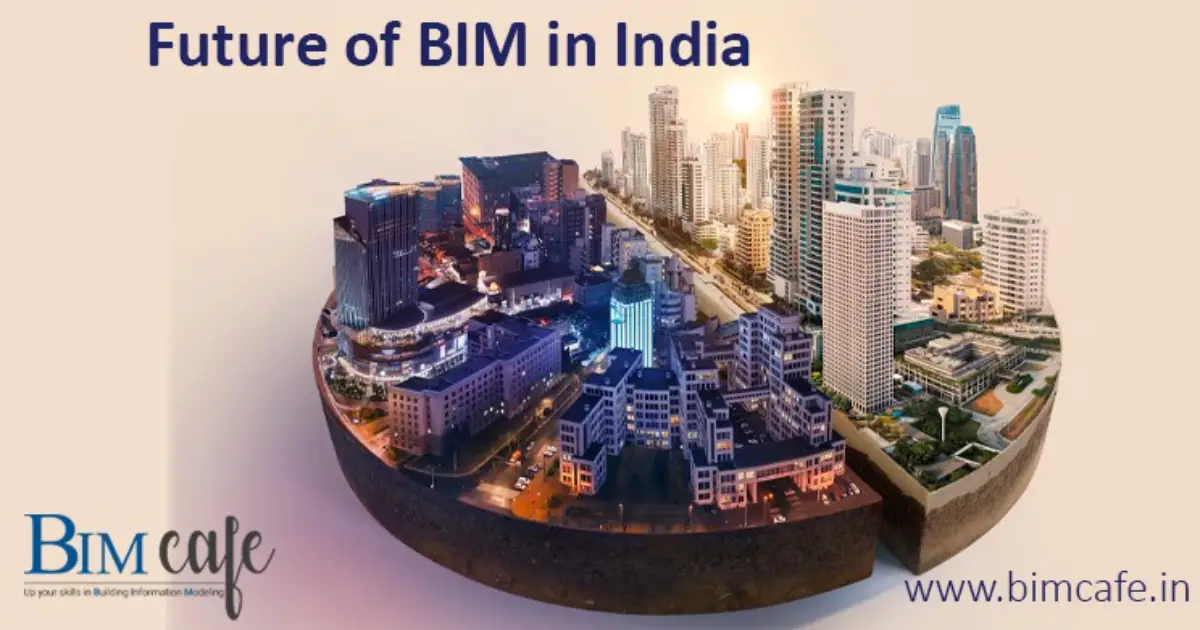
Author: Devika R
July 26, 2023
3 min read
The future of Building Information Modeling (BIM) in India holds several opportunities and advancements for the construction industry. Here are some key aspects that indicate the potential future of BIM in India:
Increased Adoption:
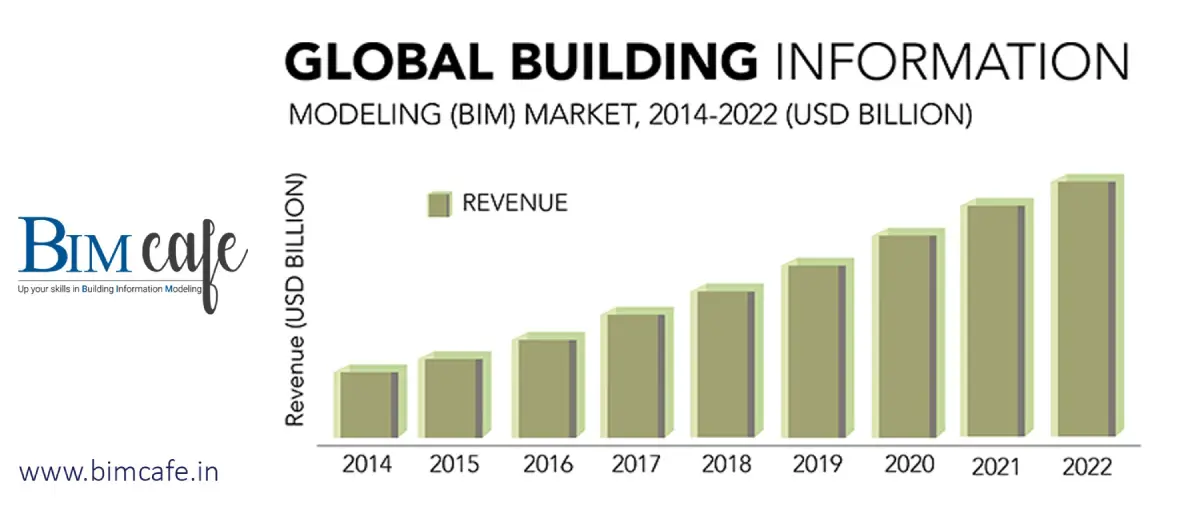
BIM adoption is likely to increase significantly across the construction sector in India. As awareness grows and the benefits become more evident, more companies and organizations will recognize the value of BIM in improving project outcomes, reducing costs, and enhancing collaboration. This will lead to a broader implementation of BIM across a wide range of projects, including residential, commercial, infrastructure, and public sector initiatives.
Government Mandates and Support:
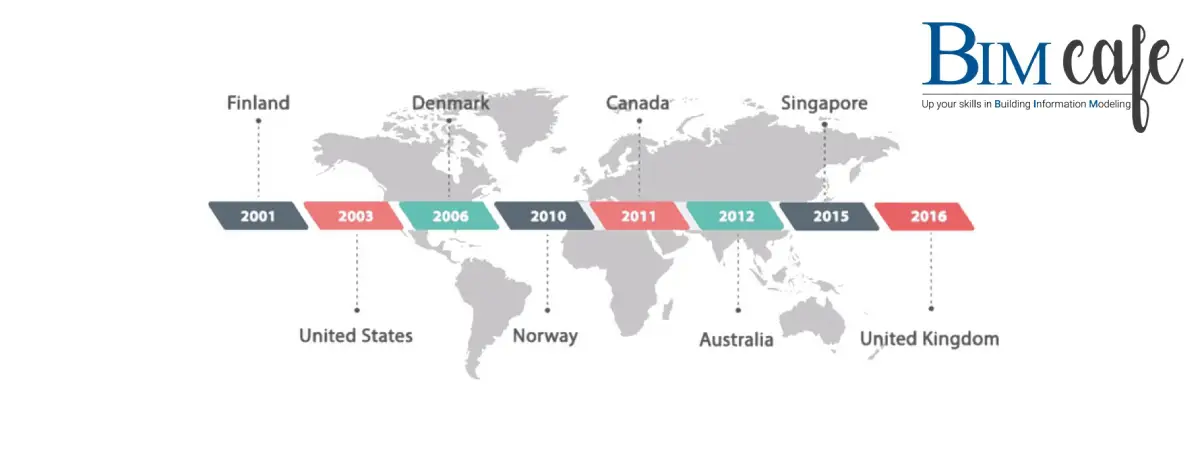
The Indian government has already taken steps to promote BIM implementation in the construction industry. These efforts are expected to continue and expand further. Government mandates, policies, and guidelines that encourage or require BIM adoption will likely be implemented for various projects, ensuring a standardized approach and driving its widespread use.
Integration with Emerging Technologies:
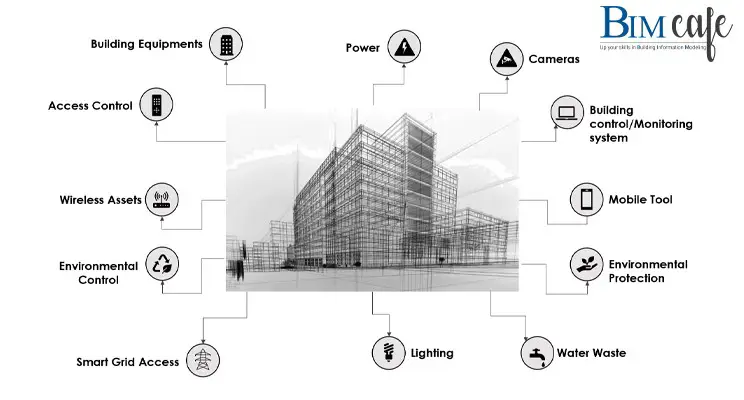
BIM is likely to integrate with other emerging technologies, such as virtual reality (VR), augmented reality (AR), and artificial intelligence (AI). These integrations will enhance the visualization, simulation, and analysis capabilities of BIM models, enabling better design decision-making, improved construction planning, and enhanced facility management.
IoT and Data-driven Insights:
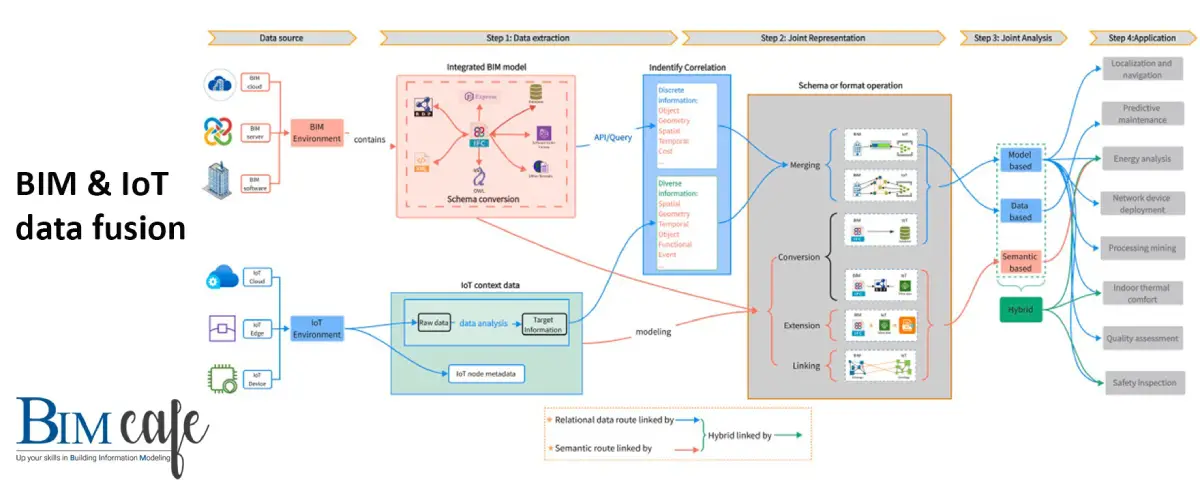
Integrating BIM with the Internet of Things (IoT) will enable real-time data exchange between physical assets and BIM models. This integration will facilitate data-driven insights and predictive analytics for improved building operations, maintenance, and sustainability. Smart sensors, connected devices, and building automation systems will generate valuable data that can be utilized throughout the building lifecycle.
Sustainable Design and Construction:
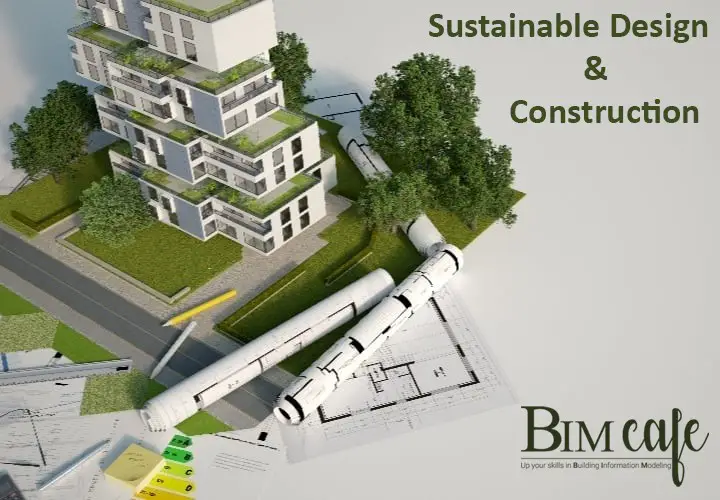
BIM will play a crucial role in promoting sustainable design and construction practices in India. It can assist in energy modeling, analysis of green building strategies, and optimizing resource usage. BIM’s ability to simulate and evaluate the environmental impact of design choices will enable more sustainable decision-making, supporting India’s goals of eco-friendly and energy-efficient construction.
Cloud-based Collaboration:
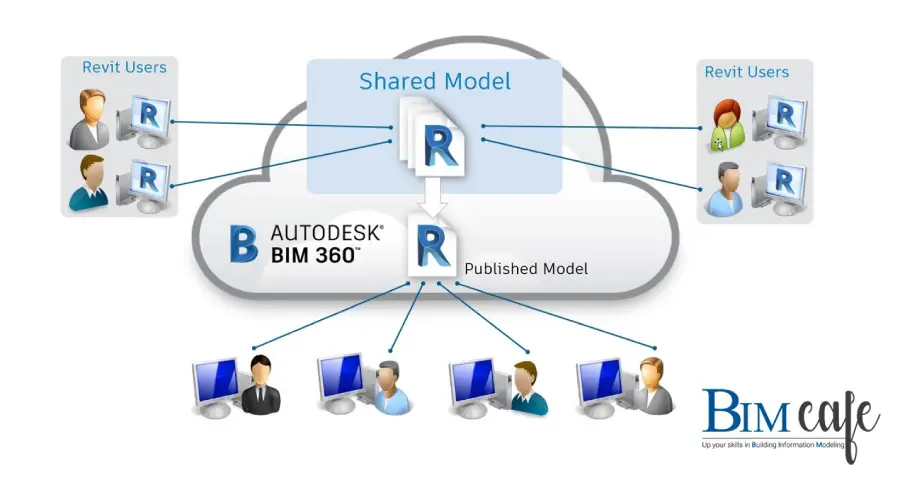
The adoption of cloud-based BIM platforms will enable seamless collaboration among project stakeholders, regardless of their geographical locations. Cloud-based solutions facilitate real-time access to project information, enhance collaboration, and simplify data sharing among architects, engineers, contractors, and owners. This will be particularly beneficial for large-scale projects and multi-disciplinary teams.
Upskilling and Training:
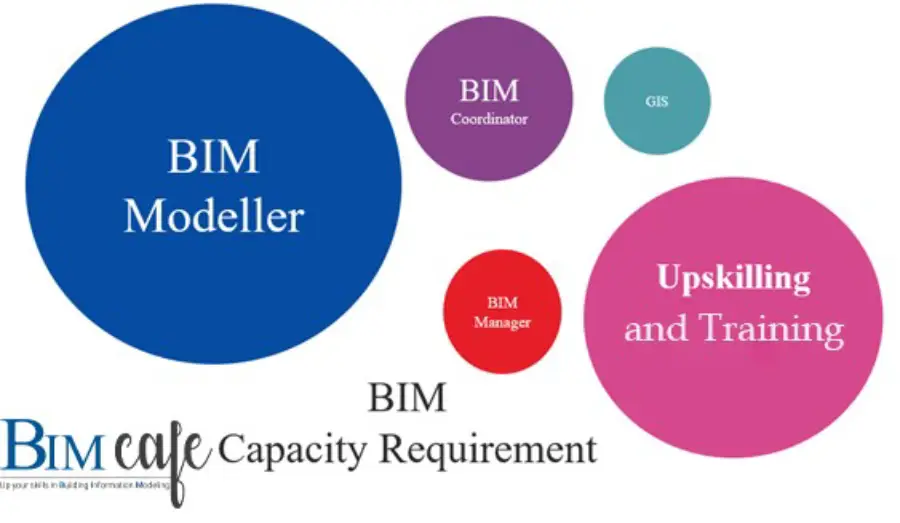
The need for skilled BIM professionals will continue to rise in India. Consequently, there will be an increased focus on upskilling the existing workforce and incorporating BIM education into academic curricula. Industry-led training programs, certifications, and partnerships with educational institutions will help develop a pool of competent BIM practitioners.
Cost Reduction and Time Efficiency:

BIM’s ability to streamline project workflows, improve coordination, and minimize errors will contribute to cost reduction and time efficiency in construction projects. By utilizing BIM for clash detection, prefabrication, and accurate quantity takeoffs, project timelines can be shortened, reducing delays and improving overall project efficiency.
While the future of BIM in India holds tremendous potential, there will also be challenges to overcome. These may include addressing the initial investment required for BIM implementation, ensuring interoperability among different software platforms, developing industry-wide standards, and promoting awareness and acceptance of BIM practices. However, with ongoing advancements, supportive policies, and industry collaboration, BIM is poised to revolutionize the construction landscape in India, enabling smarter, more sustainable, and more efficient built environments.
Certainly! If you’re interested in learning more about BIM Basic & Professional courses, you can contact the BIM Cafe team for further information. You can reach them through the following contact details:
Email: [email protected]
Phone: +91 97781 35014, +91 90721 35014
Social Medias: https://www.instagram.com/bimcafe/ , https://shorturl.at/FGO47
BIM Cafe offers comprehensive training on Building Information Modeling , covering both the fundamentals (basic) and advanced (professional) aspects of the subject. They can provide you with detailed course information, curriculum, duration, fees, and any other specific inquiries you may have.
Feel free to reach out to them via email or phone, and they will be able to assist you further with your BIM training needs.





